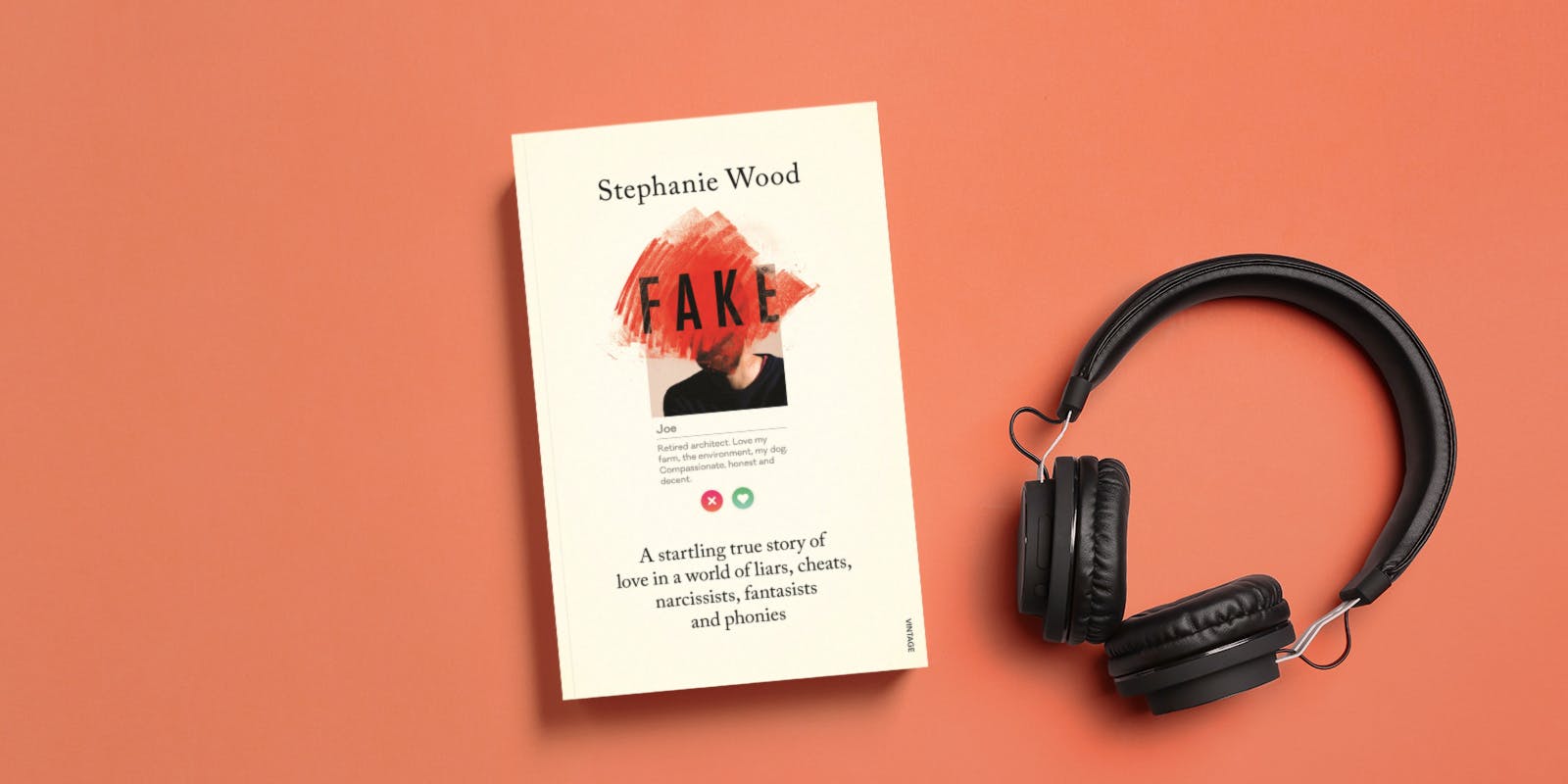


Although only 100 pages, it made me think more than most books five times that length. These virtues shine through her powerful new collection, "Intimations: Six Essays," which she began at the onset of the pandemic and finished shortly after Floyd's killing.

And these days, I find in her work what I once found in Paley and Baldwin - a clarifying lucidity wedded to big-hearted moral awareness. Smith herself seemed to rebel against the cultural role she'd been assigned. "White Teeth" is a terrific first novel, but because as a mixed race London woman in her early 20s, Smith too perfectly fit the media's need for a writer who could embody the fantasy of a fun, attractive, multicultural new millennium. And before going any further, I should add that when she first hit big 20 years ago with her debut novel "White Teeth," I was officially a Zadie skeptic, not because of anything she'd done.

They were voices of wisdom.Ī current writer I trust is Zadie Smith. Even when I disagreed, I trusted them because they were principled yet open to the many-sidedness of experience. Over the years, I've read and reread Grace Paley and James Baldwin and never failed to learn from them, whether they were writing about Vietnam, racism or feminism. Yet when they do weigh in on current events, like the pandemic or the racial reckoning triggered by the George Floyd killing, they're often eloquent but rarely say anything new or valuable. JOHN POWERS, BYLINE: Fiction writers spend much of their lives creating made-up worlds, which may be why they can't resist writing about the real one. Our critic-at-large John Powers says it's a book as bracingly deep as it is refreshingly slim. In her new book, "Intimations: Six Essays," which will be published next week, Smith writes about what's been going on over the last few months. The English writer Zadie Smith is best known for novels such as "White Teeth" and "Swing Time," but she's also widely admired for her nonfiction.


 0 kommentar(er)
0 kommentar(er)
